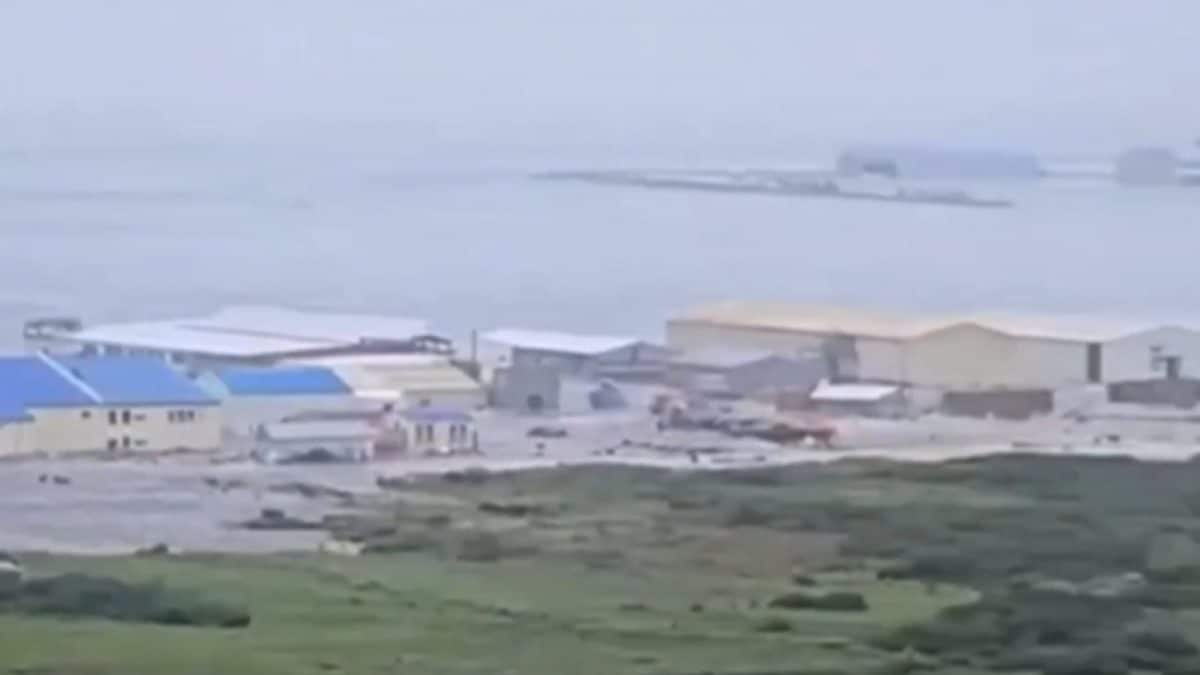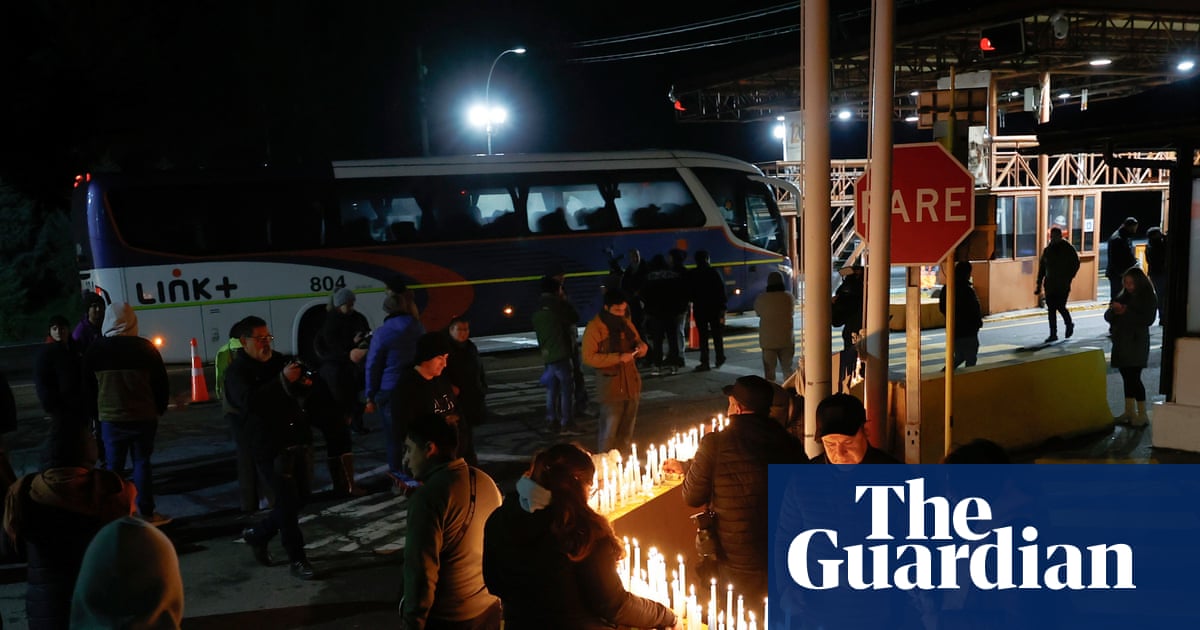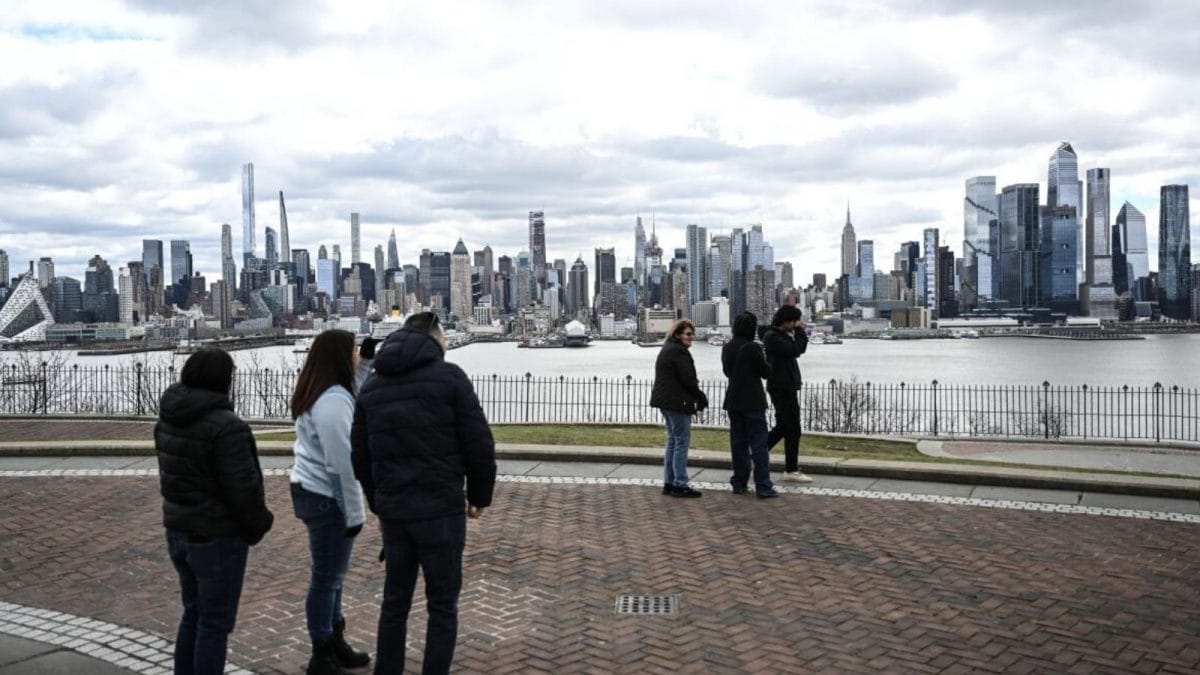The tragic crash of Air India flight AI171 just moments after takeoff from Ahmedabad on June 12 has triggered a fresh wave of scrutiny over the safety and quality of Boeing's 787 Dreamliner aircraft. As investigators continue to probe the cause of the accident that killed 270 people, a recent report published by The American Prospect has made serious allegations about the manufacturing practices at Boeing’s facility, specifically concerning aircraft delivered to Air India years earlier.
The report cited claims by former Boeing employees about alleged manufacturing lapses at the company’s facility in Charleston, South Carolina.
According to The Prospect, two individuals with past ties to Boeing's Charleston plant described persistent quality issues dating back more than a decade. One of them, Cynthia Kitchens, who served as a quality manager at the plant between 2009 and 2016, reportedly shared internal notes, photographs, and documents to support her claims. Kitchens alleged that serious manufacturing defects were identified on several 787s produced during that period, with six of those aircraft reportedly delivered to Air India.
While these claims are not independently verified, and there is currently no official link between them and the crash of AI171, they have nonetheless raised questions about Boeing’s oversight and quality control processes over the years.
IndiaToday.in has reached out to Boeing for comments but is yet to receive a response.
The Dreamliner involved in the Ahmedabad crash was delivered to Air India in January 2014 from Boeing’s Everett, Washington facility. However, The American Prospect notes that parts of the fuselage used in that aircraft were produced in Charleston—the same site where Kitchens and others allege quality concerns were raised.
The report also points to broader concerns raised by engineers and former employees regarding Boeing’s use of composite fiber airframes, which some critics say may conceal long-term structural flaws. According to The American Prospect, whistleblowers have claimed that pressure to meet production targets at the Charleston plant sometimes led to overlooking nonconformities and installing substandard parts.
In one account cited by the publication, Kitchens said she once questioned a superior about safety issues on planes built at the facility. She recalled being told: “None of these planes are staying in America. They are all going overseas.”
The same report references earlier concerns voiced by John Barnett, another former quality manager at Charleston who died last year. Barnett had warned that flaws introduced during the manufacturing process might not reveal themselves until many years later. While there is no official confirmation connecting these claims to the AI171 tragedy, the timeline is drawing renewed attention in light of the crash.
Meanwhile, the cause of the June 12 crash is still under investigation. Preliminary information indicates that the aircraft climbed only 625 feet before plummeting, with the pilot radioing “thrust not achieved” in a weak transmission moments before impact, as per sources.
Published By:
Shipra Parashar
Published On:
Jun 14, 2025
Tune In

 1 month ago
1 month ago

















